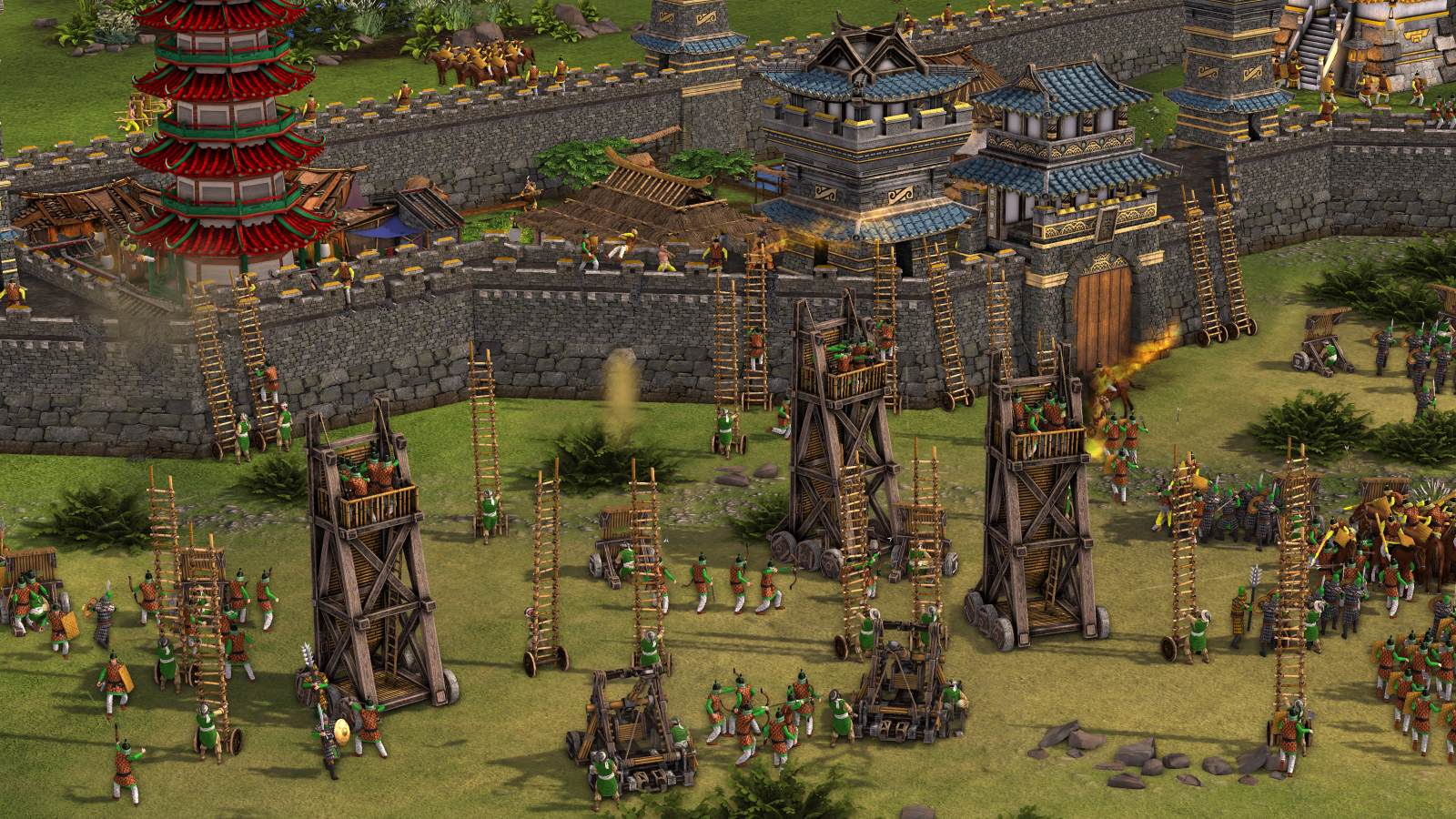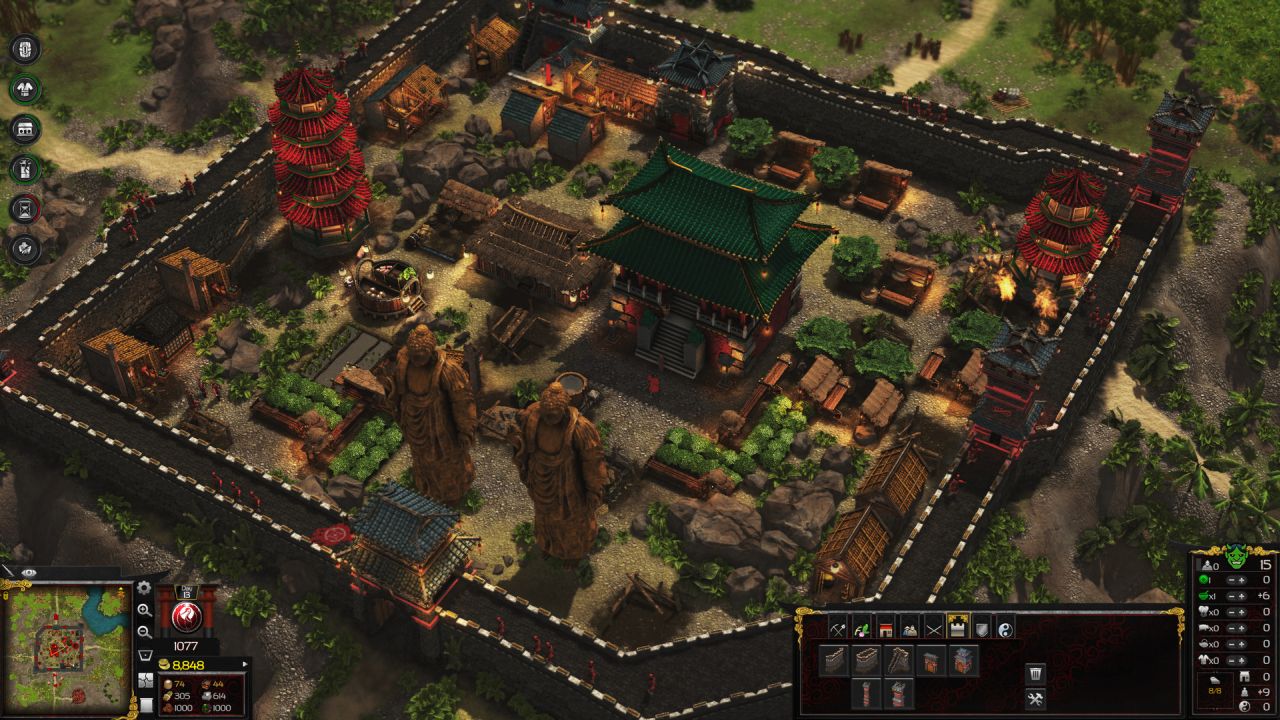

It is a medieval type strategy game that requires the player to control 80 cities in the realm of Illuria.

This may be played between up to 8 people all on the same machine. Basically, your mission is world domination.

Only complaint is the one game world map random map generation would have been great.

Game play is dependent upon decisions so the potential for diversity is here. Replay Value: Eight different races (empires) to choose from, each with varying degrees of initial setup parameters, attributes and capabilities. Graphics: Fairly basic stuff, not a lot of flourishes.Įnjoyment: A terrifically playable war game with tons of strategic choices and "smart" AI. The game easily overcomes its few shortfalls (such as having only one game map and no option to modify units or land) through sheer depth of game play and the concomitant application of strategy needed against formidable computer or human opponents. All the aforementioned attributes (and plenty more not covered here) blend almost seamlessly to make playing Warlords a rewarding experience for fans of the genre. Not overly abundant and with specific attributes (movement points, flying, etc.) and costs, these creatures (e.g., dragons, griffins, demons, devils, Pegasi) can spell the difference in a battle over rough terrain. The introduction into the game of the fantasy elements is just icing on the cake. The 81 cities all have specific income and defense parameters, restrictions on what units can be produced and efficiency limitations on producing them! The eight races (empires) are assigned specific varied initial assets such as funding and different capital income but receive an equal defensive rating at the beginning. Management in the game is delightfully uncomplicated yet detailed enough to keep you on your toes. That simple design feature coupled with the fabulous array of possible modifiers and outside influences (e.g., a temple blessing) that impact on battles, adds tons of strategy to developing and "stacking" your military units in preparation for war. Combat in Warlords is simple, effective and fairly quick and in a nice twist, quality counts more than quantity. But the heroes are expensive and other than the one you start with you'll have to hire the rest. These repositories include places like libraries and ruins and contain various necessary items required to make your forces competitive. Without heroes you can't explore certain "treasure troves" you stumble across while expanding your territory. In Warlords, the most important character type is the hero and the slick way the program limits accessibility makes acquisition of them doubly important. You'll rarely see the computer controlled players overextend, waste forces or overlook opportunities, qualities that can't be guaranteed of human opponents (or yourself!). Although the computer doesn't appear to have any great advantage over human players when it comes to strategy, the art of resource management (hiring heroes, economic warfare, etc.) is definitely well ingrained in the AI. Computer controlled players tend to have a narrow focus once they set their sights on a weakening foe but don't make the mistake of thinking that makes them an easy target. Each game always has eight Warlords and though human opponents might be more diverse (the operative word here is "might"), very few will match the computer controlled characters in terms of unadulterated cunning and a downright cutthroat mentality. Even more commendable is the depth of the game and the astonishing amount of detail and decision making that makes for intense and exciting game play. The game is a hybrid of combat, fantasy and strategy and mixes these components very well. One of the better war games to be released at the beginning of the 1990's, Warlords has the appearance of a game lovingly designed by its creator, Steve Fawkner.


 0 kommentar(er)
0 kommentar(er)
